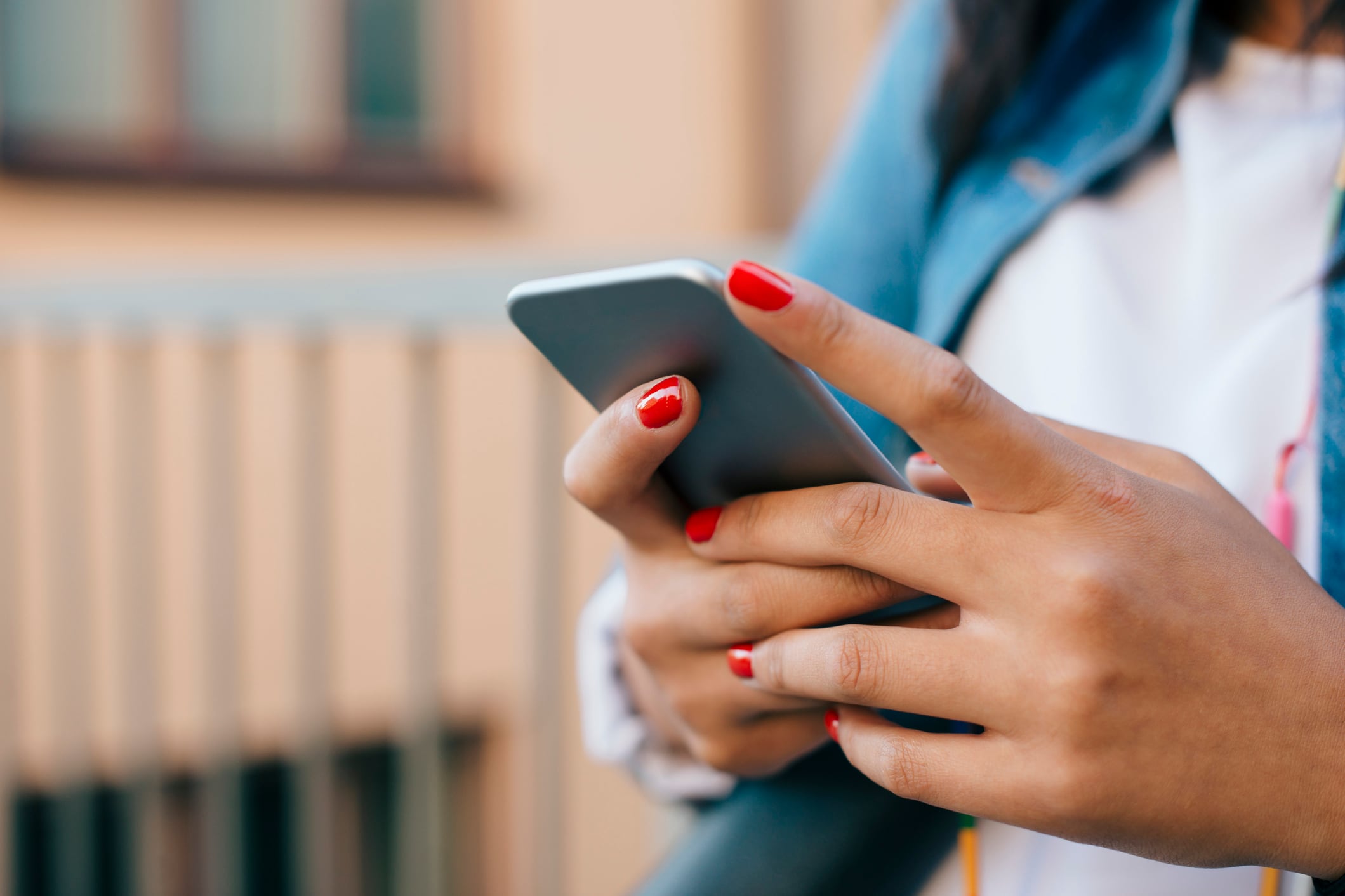A Tennessee school district has joined a growing list of school systems across the nation that are suing major social media companies like TikTok and YouTube over a crisis in student mental health.
Clarksville-Montgomery County Schools filed its lawsuit earlier this month through California-based Frantz Law Group and Tennessee-based law offices of Lewis Thomason.
Chris McCarty, a Knoxville attorney who is helping to coordinate litigants, said other Tennessee districts are interested in joining the suit.
The case’s arrival in Tennessee comes as the nation’s top health official issued a warning this week about the risks of social media to young people.
U.S. Surgeon General Dr. Vivek Murthy said that while social media can be beneficial, its effects on adolescent mental health are not fully understood and it “can also have a profound risk of harm.”
His 19-page advisory could strengthen the case of school systems complaining that they’ve been left to deal with the fallout of apps that they contend are harmful to the social and emotional health of children and adolescents.
In Clarksville-Montgomery County, school officials say they’ve fought an “uphill battle” in recent years against cyberbullying, mental health disorders, classroom disruptions, threats of school violence, and young people’s access to inappropriate content. Located along the Kentucky border and near a U.S. Army base, the district operates 45 schools for its 38,000 students and is Tennessee’s seventh largest school system.
“It is time for social media companies to be held accountable for the lack of monitors, controls, and cooperation to protect children and our society,” the district wrote in a May 11 email notifying parents, employees, and other stakeholders about the lawsuit.
Among other things, the district is seeking changes to the companies’ products, funding to pay for education and treatment programs on excessive use of social media, and an unspecified award for damages.
“This is an effort to bring about real change,” McCarty told Chalkbeat on Thursday.
Problems tied to social media are ‘a daily thing’ in school
The school system’s 109-page complaint charges that social media giants like the owners of Facebook, Instagram, TikTok, Snapchat, and YouTube are causing harm to students who use their products via algorithms that are designed to cause addiction.
The lawsuit also contends that the companies have caused a mental and emotional health “crisis” among students that is marked by an increase in anxiety, depression, thoughts of self-harm, and exploitative content that encourages disorderly behavior, unhealthy social comparison, and cyberbullying.
“If you ask any principal or teacher how often they deal with problems related to social media, it’s not a monthly or weekly thing. It’s a daily thing,” McCarty said.
A spokeswoman for Google, which owns YouTube, called the complaint’s allegations “simply not true.”
“Protecting kids across our platforms has always been core to our work,” said Ivy Choi. “In collaboration with child development specialists, we have built age-appropriate experiences for kids and families on YouTube, and provide parents with robust controls,”
A Snapchat spokesman said the safety and well-being of the app’s users is a top priority and that Snapchat is not designed to encourage passive scrolling.
“We aren’t an app that encourages perfection or popularity, and we vet all content before it can reach a large audience, which helps protect against the promotion and discovery of potentially harmful material,” the company said in a statement. “While we will always have more work to do, we feel good about the role Snapchat plays in helping friends feel connected, informed, happy, and prepared as they face the many challenges of adolescence.”
The other companies named in the lawsuit did not immediately respond to requests for comment.
Suit follows school district cases against Juul Labs
In January, when Seattle public schools became the first district to sue tech giants over student mental health, legal experts were split on the potential impact.
One expert told Chalkbeat the suit could lead to sweeping changes in the industry. But others said it could fizzle out.
In the months since, dozens of other school systems have filed similar lawsuits charging that social media companies are maximizing profit at the expense of the mental health of young audiences. Those audiences spend significant amounts of time on the platforms and report associating them with stress and anxiety, according to plaintiffs.
An attorney for Frantz Law Group, which specializes in class-action and mass-action lawsuits, said Thursday that about 500 school systems in 32 states have retained the firm to pursue similar litigation.
The firm represented more than a thousand school districts in earlier lawsuits against Juul Labs Inc., which makes nicotine vaping devices, over claims about the company’s marketing to adolescents. A series of settlements in recent months have funneled billions of dollars in payouts to individuals, states, cities, and school systems.
Many of those same school systems, including Clarksville-Montgomery County Schools, are now working with the same lawyers to pursue legal action against social media companies.
“When we mentioned social media was the next fight, the district was the first one to jump out of the gate,” said McCarty about Clarksville-based school system.
Proving a mental-health link could be difficult
William Shinoff, the attorney leading the litigation for the Frantz Law Group, said this week’s U.S. surgeon general advisory backs up many of his firm’s claims.
“It’s extremely helpful,” Shinoff said, “as it restates what we are alleging in our lawsuit.”
But while there’s significant frustration with social media companies in the court of public opinion, drawing a direct connection between their products and student mental health isn’t necessarily straightforward. For instance, what about the pandemic’s emotional effect on children and teens, as well other stressors and the role of parent supervision?
“We’re having a mental health crisis in general and everybody wants to point the finger at social media,” said Pamela Wisniewski, a social media expert and Vanderbilt University associate professor of human-computer interaction.
She noted that a severe shortage of therapists and affordable treatment options contributes to a public health threat spanning racial and ethnic groups, urban and rural areas, and the socioeconomic divide.
“We should look at reform holistically,” Wisniewski said, “to better support schools, provide more mental health training, and create stronger communities to create a network of social support.”
Marta Aldrich is a senior correspondent and covers the statehouse for Chalkbeat Tennessee. Contact her at maldrich@chalkbeat.org.
Editor’s note: This story has been updated to include a response from Google.





